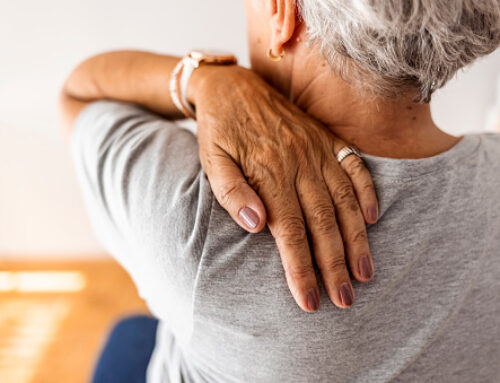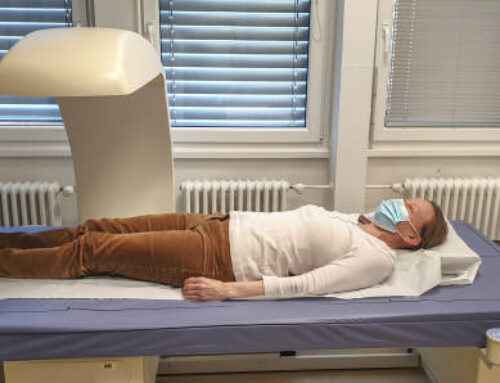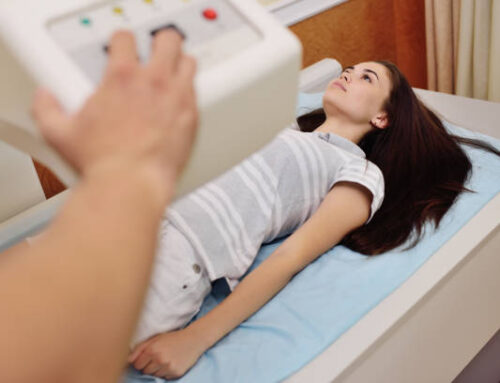A bone density test, also known as a bone mineral density (BMD) test, is a medical procedure that measures the amount of minerals, such as calcium, in your bones.
Osteoporosis is a common condition that affects millions of people worldwide.
It can lead to fractures and other complications that can significantly impact a person’s quality of life. Bone density tests are an essential tool for diagnosing osteoporosis and monitoring its progression.
There are several types of bone density tests available, but the most common one is called dual-energy x-ray absorptiometry (DXA). This test uses low-dose x-rays to measure the mineral content in your bones. The DXA scan is painless and takes only a few minutes to complete.

During the test, you will lie on a table while an x-ray machine scans your hip and spine.
The machine will measure how much radiation passes through your bones and create images that show the density of your bones.
The T-score compares your bone density with that of a healthy young adult of the same gender. A T-score between -1 and -2.5 indicates low bone mass or osteopenia, which means you have an increased risk of developing osteoporosis. A T-score below -2.5 indicates osteoporosis.
The Z-score compares your bone density with that of someone who is the same age, gender, and size as you.
If your Z-score is significantly lower than average for your age group, it may indicate an underlying medical condition or medication use that affects bone health.
Bone density tests are recommended for women over 65 years old and men over 70 years old who have risk factors for osteoporosis.
Other risk factors include a family history of osteoporosis, low body weight, smoking, excessive alcohol consumption, and certain medical conditions such as rheumatoid arthritis.
In conclusion, a bone density test is a simple and painless procedure that can help diagnose osteoporosis and monitor its progression. If you have risk factors for osteoporosis or are over 65 years old (women) or 70 years old (men), talk to your doctor about getting a bone density test. Early detection and treatment of osteoporosis can help prevent fractures and other complications associated with this condition.
Why do doctors order a bone density test?
Bone density tests (also called bone mineral density tests or BMD tests) check how strong your bones are by measuring a small part of one or a few of them. The results can help your doctor know how you can treat or prevent bone loss and fractures.





